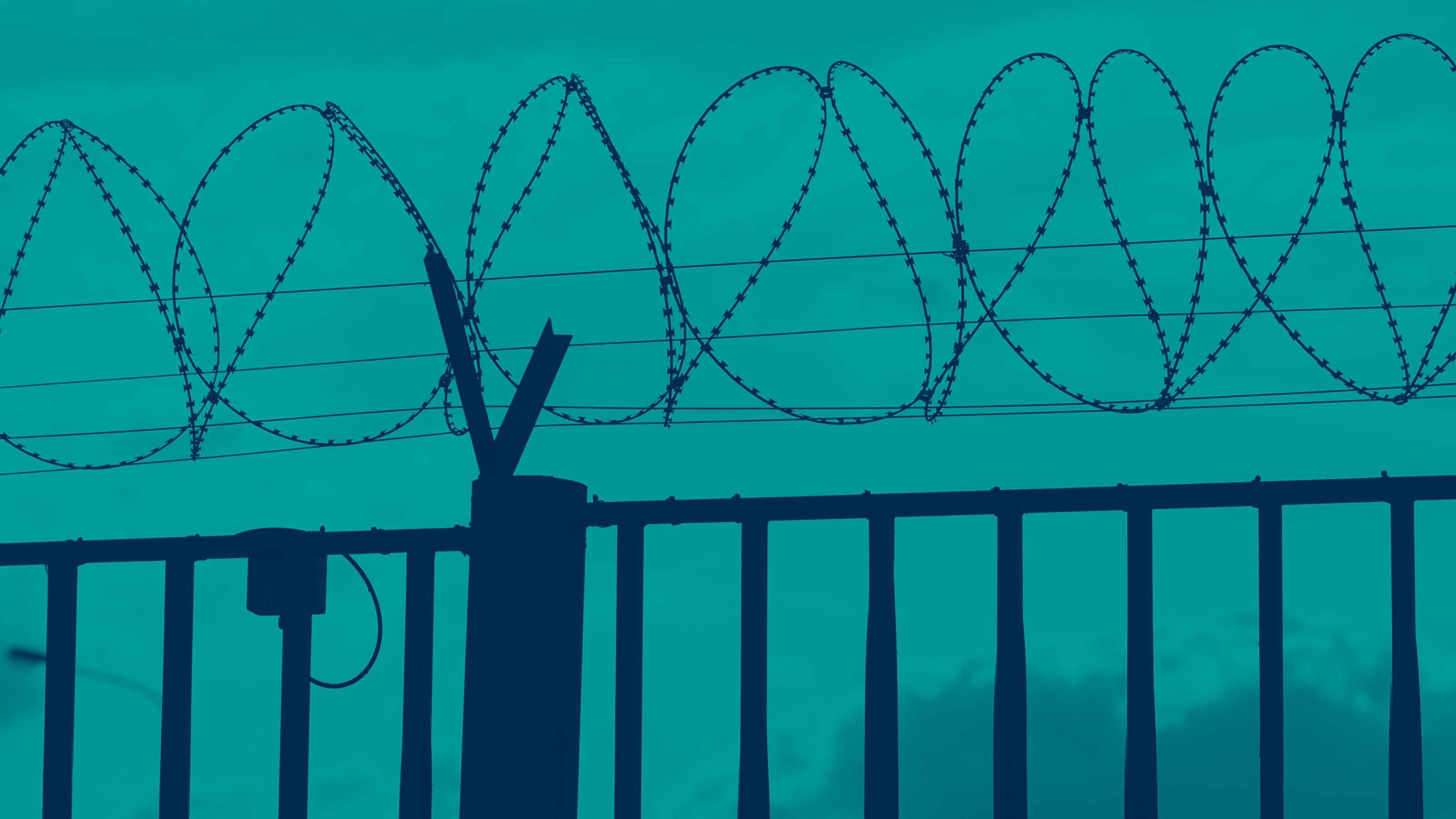Registration
You will receive an email confirming your registration.
India’s nuclear program has been the subject of much scholarly intrigue. In her upcoming book, Ploughshares and Swords, Jayita Sarkar challenges this narrative through an exploration of the first forty years of India’s nuclear program. She analyzes how India’s nuclear program served the country’s geopolitical goals of deterrence along with its economic and technological aims. The book probes the questions: What was the relationship between India’s nuclear and space programs? How did the Indian scientists and engineers involved with the program navigate Cold War politics and the choke points of the non-proliferation regime? How has India’s nuclear program influenced its domestic politics?
Carnegie India hosted Jayita Sarkar for a discussion on India’s nuclear program and its history, tracing how the program adapted to emerging challenges and opportunities from within and outside the country. The discussion was moderated by Srinath Raghavan.
Discussion Highlights
- When Ploughshares are Swords and Swords are Ploughshares: Participants posited that India’s nuclear program embodied the hopes and anxieties of a post-war colony at the cusp of independence. Its leaders recognized the potential of nuclear fission to simultaneously augment India’s geopolitical and developmental goals. Therefore, participants argued, India’s political and scientific leaders deliberately embedded technical ambiguity into the nuclear program, designing a dual-use enterprise that could serve civilian goals as a ploughshare and military goals as a sword. Further, participants noted that to avoid incensing the non-proliferation regime, which could hamper foreign cooperation in outer space, India’s space research program was kept dissociated from the nuclear program.
- Navigating Geopolitical Anxieties and Opportunities: Participants emphasized that India’s territorial threats and the ongoing global Cold War added another dimension to its nuclear program. They argued that the United States and Soviet Union’s official responses to India’s 1974 peaceful nuclear explosion lacked significant criticism. This was because of an understanding brokered in 1982 between the Indira Gandhi led government and Reagan administration. Per this, the United States would facilitate the supply of fuel to the Tarapur Atomic Power Station through France. In return, India would informally commit to not conducting future nuclear tests. Similarly, they underlined that India’s research reactor, Purnima, was designed by studying the Soviet Union’s research reactor in Dubna. Participants postulated that these muted American and Soviet responses to the nuclear explosion granted India more independence to use the sword of its nuclear program as a deterrent to secure its borders and borderlands, particularly in the Northeast.
- Impact of Domestic Politics: Participants outlined the domestic politics surrounding India’s nuclear program. They explained that Prime Minister Indira Gandhi aspired to rapidly develop India’s nuclear capabilities. She sought to combine space and defense as early as 1970 but faced resistance from Vikram Sarabhai. This mirrored the aspirations of the Bhabha Atomic Research Centre (BARC) group which sought to benefit from greater funding that remained constricted under Sarabhai’s leadership. Additionally, Indira Gandhi was interested in conducting a nuclear explosion very early on and even called India a “nuclear country” in 1974. Furthermore, in her first parliamentary statement on nuclear policy after regaining power in 1980, she reaffirmed India’s commitment to the use of peaceful nuclear explosions but did not preclude carrying out future nuclear explosions when necessary for national interests. Participants observed that the sudden death of Vikram Sarabhai in 1971 led to a waning of institutional opposition, both to Indira Gandhi and to the BARC group, at a time when geopolitical concerns were ripe. This shift in the internal dynamics of India’s nuclear and space infrastructures, participants argued, created opportunities for Prime Minister Gandhi to pursue her goal of accelerating India’s nuclear prowess and enabled India’s peaceful nuclear explosion in 1974.
- Managing Perceptions: Participants also underscored India’s tactical utilization of the geopolitical context, economic opacity, and diplomacy in managing international and domestic perceptions of its nuclear program. They highlighted that the global protestation of economic rights in 1974 provided a setting against which India's nuclear explosion could be reaffirmed as a ploughshare of a poor country in dire need of cost-effective national development projects like oil exploration. Similarly, they observed that by 1981, the threat of Pakistan and the global Cold War at India's doorstep in the form of the Soviet invasion of Afghanistan built political momentum within India in favor of nuclear weapons. Additionally, participants argued that the opacity surrounding the Pokhran explosion’s total cost prevented domestic criticism in the midst of an economic crisis as well as international suspicion over whether developmental aid was channeled into funding the explosion. Finally, participants underlined that to countries that were embarking upon new nuclear programs in the backdrop of the oil crisis, India stood out among developing countries as a potential supplier of affordable and reliable nuclear technology.
This event summary was prepared by Shivangi Seth, a research intern at Carnegie India.
